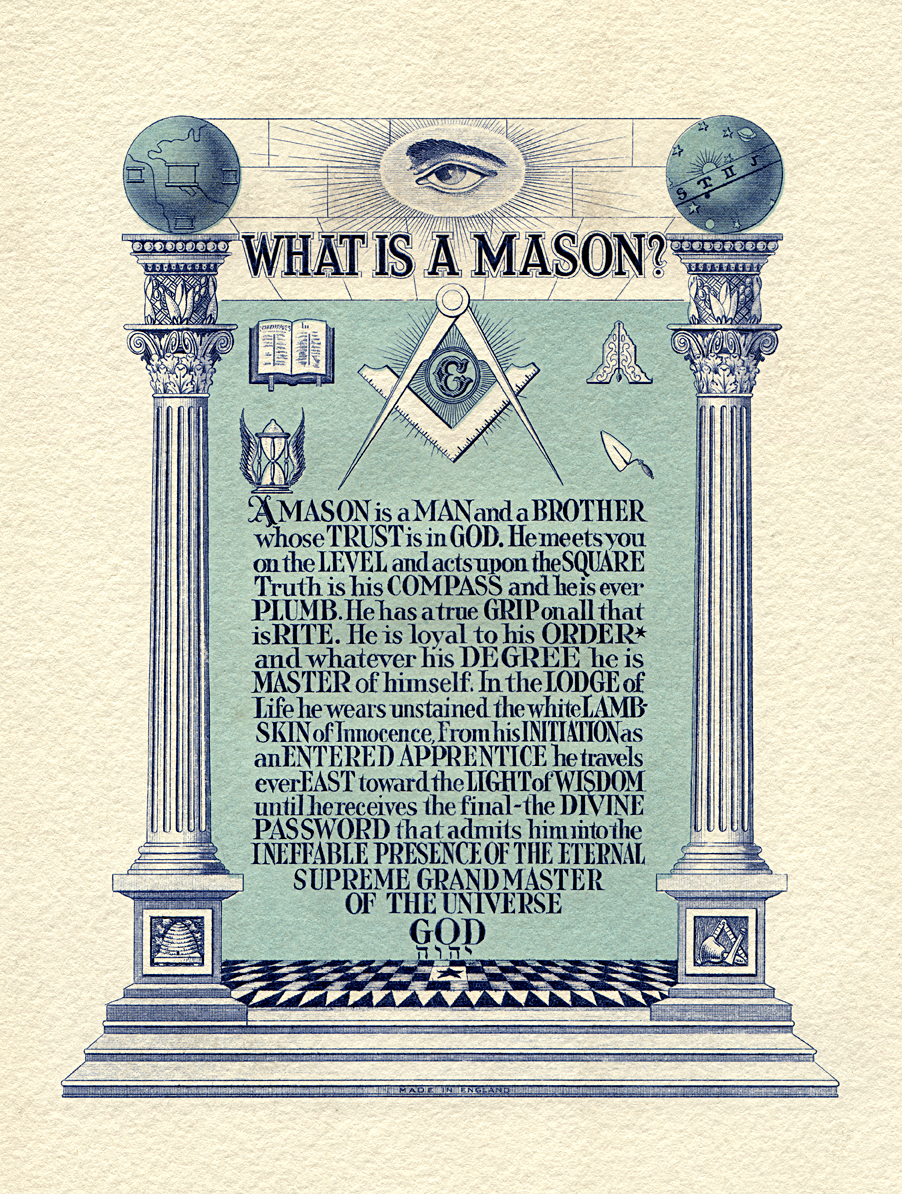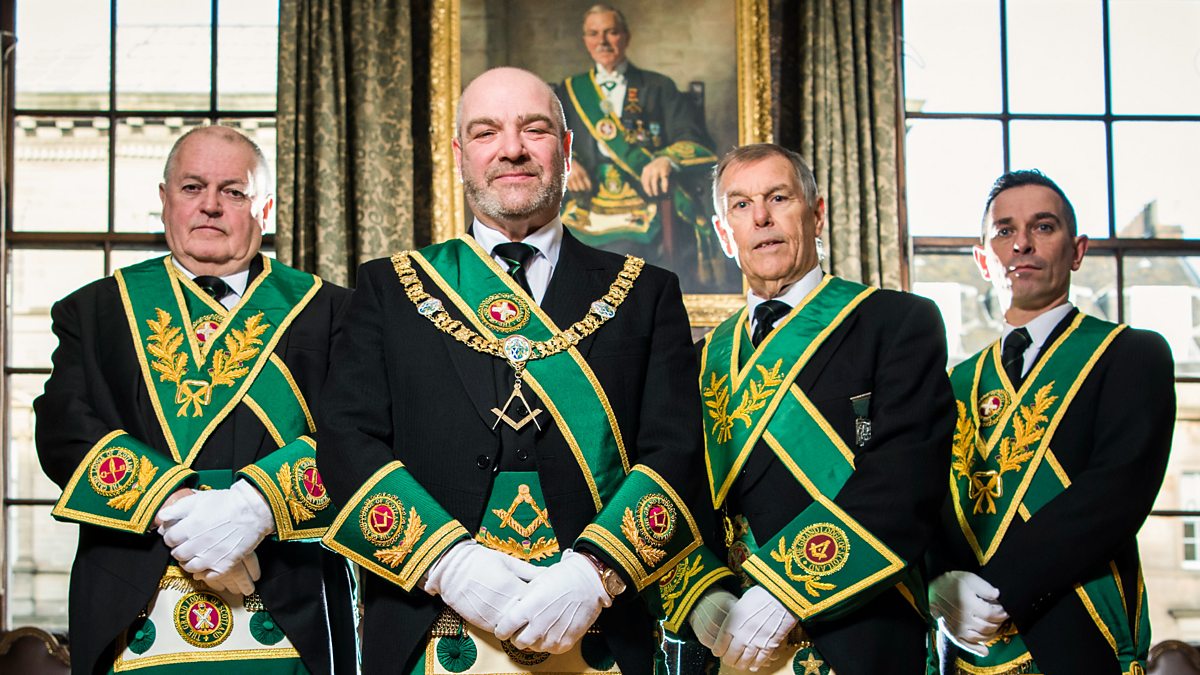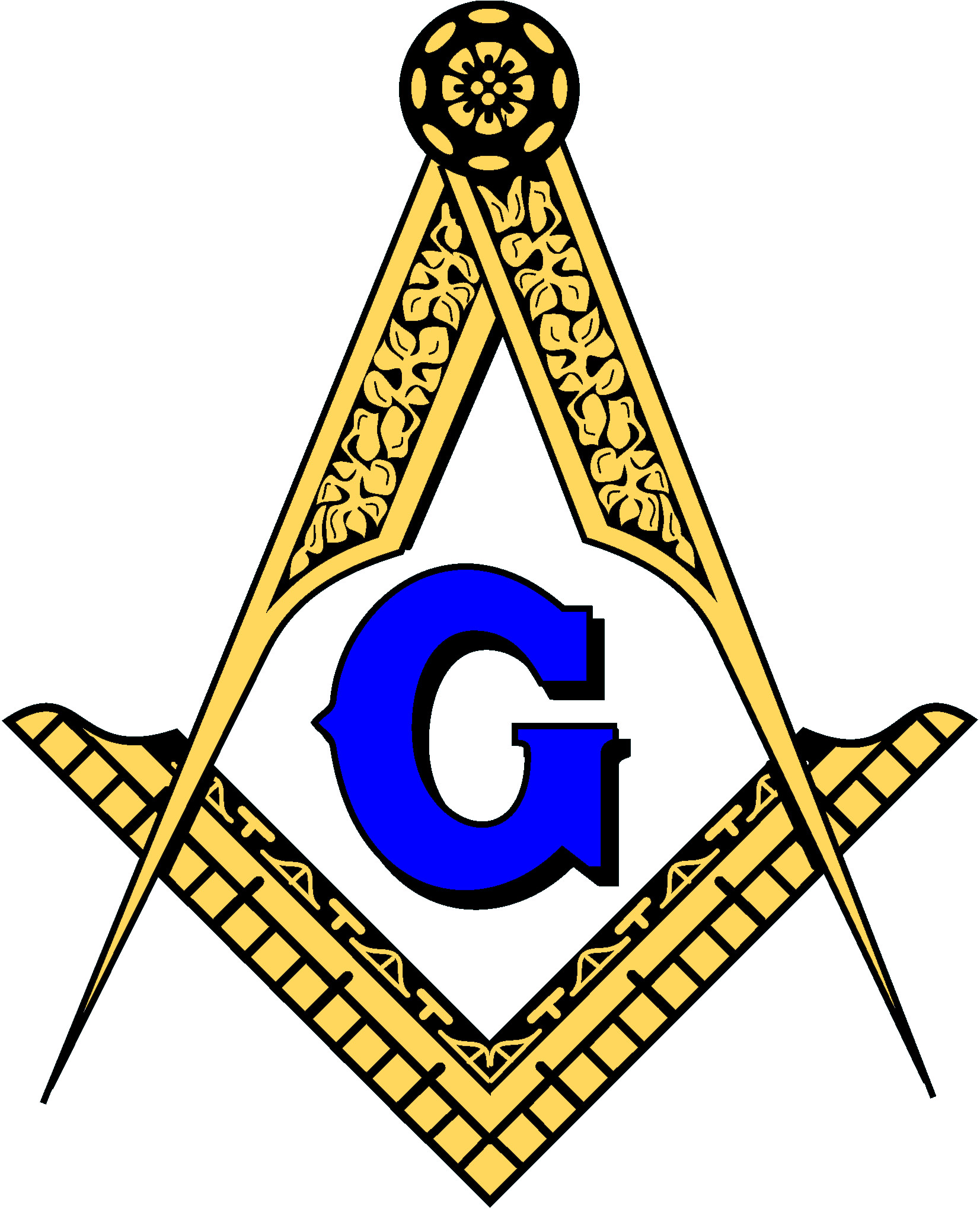Unveiling Freemasonry: The Enduring Journey Of A Mason
For centuries, the veil of mystery has surrounded Freemasonry, an enigmatic fraternal organization that has captivated public imagination and sparked countless theories. From its ancient origins rooted in medieval stonemason guilds to its modern-day presence across the globe, Freemasonry remains one of the world's oldest and largest fraternal societies. But what exactly is Freemasonry, who are its members, and what principles guide their path? This article aims to demystify this enduring brotherhood, exploring its rich history, core values, and the profound journey undertaken by each Mason.
Beyond the whispers and legends, Freemasonry stands as a society of men united by a common set of values and beliefs, committed to personal development, charity, and brotherhood. It is an organization that prides itself on its traditions, fostering an environment where individuals from diverse backgrounds can come together, share a belief in a Supreme Being, and strive for moral and intellectual improvement. Let's embark on an enlightening voyage into the heart of Freemasonry, uncovering the truths behind this ancient fraternity.
Table of Contents
- Understanding Freemasonry: A Fraternal Brotherhood
- Historical Roots: The Evolution of Masons
- The Global Reach of Freemasonry
- Core Values and Beliefs of Freemasonry
- The Masonic Lodge and Its Degrees
- Becoming a Mason: The Path to Membership
- Addressing Common Misconceptions About Freemasonry
- The Enduring Legacy of Freemasonry
Understanding Freemasonry: A Fraternal Brotherhood
Freemasonry is, at its core, a fraternal organization that has been around for centuries. It is a society of men who are united by a common set of values and beliefs. Often shrouded in popular culture's sensationalized narratives, the reality of Freemasonry is far more grounded in principles of moral instruction, self-improvement, and community service. Members, known as Masons (or Freemasons), belong to the oldest and largest fraternal organization in the world. This enduring brotherhood brings together men of good character who, though of different religious, ethnic, or social backgrounds, share a belief in the fatherhood of a Supreme Being and the brotherhood of humanity. The organization's structure is built around lodges, which are local units where members meet regularly. These gatherings are not secret in the sense of being hidden from the public, but rather private, much like any other fraternal club or society. The focus within these lodges is on personal growth, ethical conduct, and mutual support among members. The journey of a Mason within the fraternity is one of continuous learning and application of moral lessons, often presented through allegorical plays and symbols.Historical Roots: The Evolution of Masons
The history of Freemasonry is as rich and complex as the structures built by its namesake. The word "mason" itself means a skilled worker who builds by laying units of substantial material (such as stone or brick). He is also called a stonemason. Freemasonry grew from the groups (guilds) of stonemasons in the Middle Ages. These operative masons, who constructed Europe's magnificent cathedrals and castles, developed intricate systems for training, recognition, and mutual support, which formed the bedrock of the fraternity we know today.From Stonemasons to Speculative Masons
Over time, as the need for large-scale stone construction diminished, these guilds began to admit "speculative" members – men who were not operative stonemasons but were interested in the moral and philosophical lessons derived from the craft. This transition marked a pivotal moment, transforming the operative guilds into a more philosophical and symbolic fraternity. National organized Freemasonry began in 1717 with the founding of the Grand Lodge—an association of Masonic lodges—in England. This event is widely considered the birth of modern, organized Freemasonry, broadly consisting of three main traditions: regular, continental, and liberal. This evolution from practical builders to moral architects underscores the enduring appeal and adaptability of Freemasonry. The journey of a Mason from an Entered Apprentice to a Master Mason reflects this historical development, moving from the practical aspects of building to the symbolic construction of one's character.The Global Reach of Freemasonry
While its origins are distinctly European, Freemasonry has spread across the globe, establishing a presence in virtually every corner of the world. Freemasonry remains most popular in the British Isles and countries that were originally within the British Empire. This widespread adoption speaks to the universal appeal of its core tenets. Estimates of the worldwide membership of Freemasonry are challenging to pinpoint precisely, but its numbers are significant. Today, there are more than two million Freemasons in North America alone, a testament to its continued relevance and growth. The global network of lodges fosters a sense of unity among Masons worldwide, allowing members to visit lodges in different countries and experience the universal bond of brotherhood. This international presence also highlights the adaptability of Freemasonry, as it has managed to thrive in diverse cultural and political landscapes, always maintaining its fundamental principles while respecting local customs. The influence of Freemasonry, particularly in the planning of our nation's capital, is a subject of historical intrigue, adding another layer to its fascinating global narrative.Core Values and Beliefs of Freemasonry
Freemasonry is a fraternal organization of men who believe in brotherhood and helping others. It is a society that prides itself on its values of brotherhood, charity, and truth. These are not mere words but guiding principles that shape the conduct and character of every Mason. The organization emphasizes moral and ethical lessons, encouraging members to become better men, fathers, husbands, and citizens.Brotherhood and Charity
The concept of brotherhood is central to Freemasonry. It unites men of good character who, though of different religious, ethnic, or social backgrounds, share a belief in the fatherhood of God and the importance of treating all humanity with respect and kindness. This bond extends beyond the lodge, with Masons often providing support and assistance to fellow members and their families in times of need. Charity is another cornerstone of Masonic practice. Freemasonry is one of the largest charitable organizations in the world, contributing millions annually to various causes, including education, medical research, and community welfare. This philanthropic spirit is instilled in every Mason, who is encouraged to contribute to the well-being of society through both financial means and active service. The pursuit of truth, symbolized by the square and compasses, guides Masons in their quest for knowledge and understanding, encouraging them to seek wisdom and apply it in their daily lives.The Masonic Lodge and Its Degrees
Learn about Freemasonry, the history of the fraternity, what happens in a Masonic lodge, and how to become a Mason. The Masonic lodge is the fundamental unit of Freemasonry, where members gather for meetings, rituals, and fellowship. These meetings are structured and purposeful, often involving ceremonies that convey moral lessons through allegory and symbolism. The Masonic system comprises three fundamental elements, often referred to as degrees.The Three Craft Degrees
The three degrees of Freemasonry are Entered Apprentice, Fellow Craft, and Master Mason. They are loosely based upon the journeyman system, which was used to educate medieval craftsmen. Each degree represents a different stage in the member’s development, focusing on specific moral and philosophical lessons.- Entered Apprentice: This is the first degree, where a candidate is initiated into the fraternity. It emphasizes the importance of preparation, moral purity, and the foundational principles of Masonry.
- Fellow Craft: The second degree focuses on the pursuit of knowledge, the liberal arts and sciences, and the development of one's intellectual faculties.
- Master Mason: The third and highest degree in the Craft Lodge. It culminates the moral lessons, focusing on integrity, perseverance, and the ultimate duties of a Mason towards God, his neighbor, and himself. Becoming a Master Mason signifies a full commitment to the principles of Freemasonry.
Concordant Bodies and Additional Degrees
Once the Craft degrees have been conferred upon a Mason, he is qualified to join various concordant bodies which offer additional degrees. These bodies, such as the Scottish Rite or the York Rite, delve deeper into Masonic philosophy and history, offering further opportunities for learning and fellowship. While these additional degrees expand a Mason's understanding, the Master Mason degree remains the foundation and the highest degree within the basic structure of Freemasonry. The journey of a Mason through these degrees is a continuous process of self-discovery and moral refinement.Becoming a Mason: The Path to Membership
The path to becoming a Mason is not one of invitation but of petition. An individual interested in joining Freemasonry must typically seek out a lodge and express his interest. The fundamental requirements for membership include:- Being a man, of lawful age (usually 21 or 18, depending on the jurisdiction).
- Having a belief in a Supreme Being.
- Being of good moral character.
- Being able to support himself and his family.
Addressing Common Misconceptions About Freemasonry
Freemasonry's long history and private nature have inevitably led to numerous myths and misconceptions. Freemason secrets allegedly lurk behind everything from the planning of our nation’s capital to murder, fueling sensationalist narratives. However, the "secrets" of Freemasonry primarily refer to the modes of recognition (handshakes, passwords) and the specific rituals of the degrees, which are designed to ensure the integrity of the fraternity and to impress moral lessons upon the candidates. The core tenets of Freemasonry – its values, charitable endeavors, and philosophical teachings – are openly published and accessible. Another common misconception is that Freemasonry is a religion. While it requires a belief in a Supreme Being, it is not a religion itself and does not offer a path to salvation. It welcomes men of all faiths and encourages them to be faithful to their own religious beliefs. Members of the enigmatic Masonic brotherhood include prominent politicians, businessmen, and community leaders, which sometimes fuels conspiracy theories. However, their involvement is typically driven by a desire for personal development and community service, not by any clandestine agenda. Freemasonry is a fraternal organization, not a political party or a secret society aiming to control the world.The Enduring Legacy of Freemasonry
Freemasonry is one of the oldest fraternal organizations in the world, with a rich history and tradition. Its enduring legacy lies in its commitment to moral values, personal improvement, and widespread philanthropy. The journey of a Mason within this fraternity is one of continuous learning, self-reflection, and dedication to the welfare of others. From its humble beginnings as guilds of stonemasons to its global presence today, Freemasonry has adapted and thrived, demonstrating its timeless appeal. The principles of brotherhood, relief, and truth continue to guide Masons in their daily lives, fostering a community dedicated to making a positive impact on the world. The lessons learned in the lodge are meant to be applied in the wider world, encouraging Masons to be exemplary citizens and compassionate individuals. Ready for an enlightening voyage? Let’s set sail on this fascinating journey into the heart of Freemasonry, where the pursuit of light and knowledge continues to illuminate the path for countless men seeking to build a better self and a better world.In conclusion, Freemasonry is far more than the sum of its popular myths. It is a vibrant, active organization dedicated to noble principles and the betterment of humanity. By understanding its true nature, one can appreciate the profound impact it has had and continues to have on its members and the communities they serve. Have you ever encountered a Mason or learned something new about this fraternity? Share your thoughts in the comments below, or explore more articles on our site to continue your journey of discovery into fascinating historical organizations.
- Can I Use Tretinoin On My Neck
- Luxury Beach Club Islas Del Rosario
- Prima Materia Perfume
- North South Clothing
- Arroz Food Truck
- Usc Minds Challenge
- Emory Farmworker Project
- Splash Beach Bar Exuma
- Stephanie Young Pottery
- Bikinis And Boots

What Is A Mason

BBC Two - Secrets of the Masons

Mason Emblems and Logos Wallpaper (49+ images)